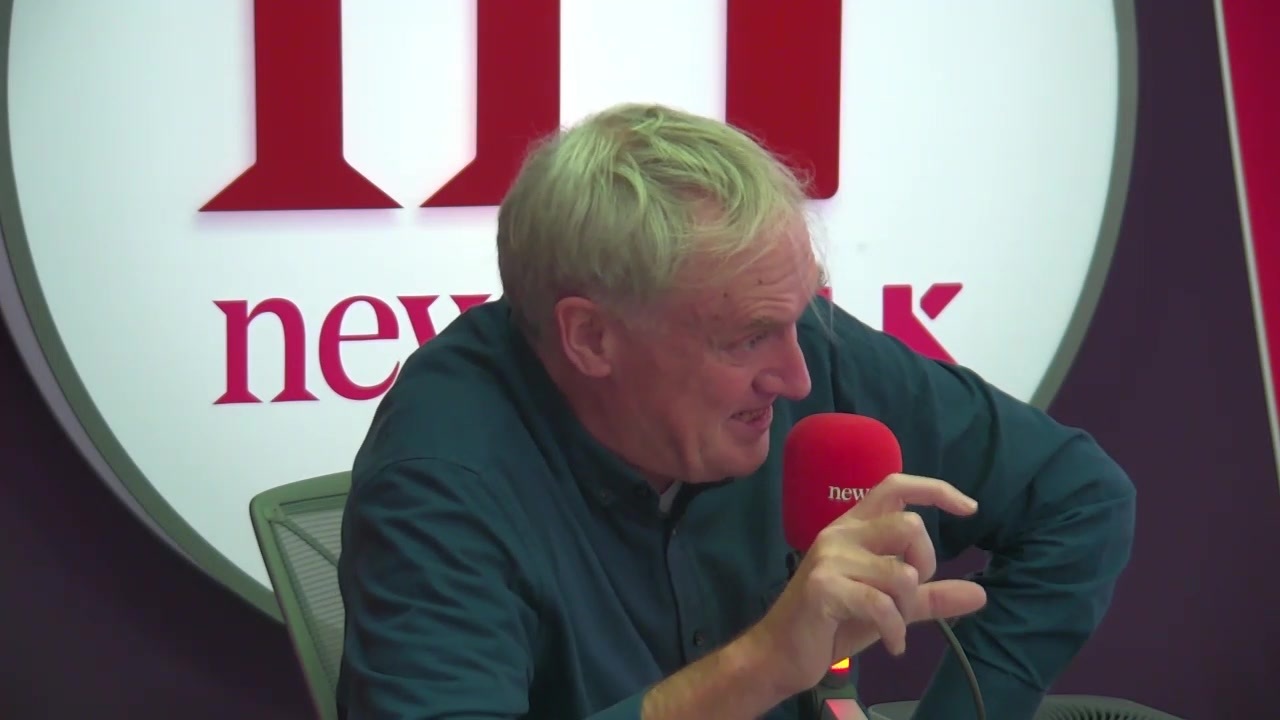New Research Validates What We've Always Known About CFS
Breakthrough study confirms ME/CFS has real biological roots
Last month, researchers from The University of Edinburgh released findings from the
largest genetic study of ME/CFS ever done, looking at DNA from over 15,000 people with chronic fatigue syndrome. The study shows clear genetic proof that ME/CFS is a real medical condition with actual biological markers.
The Key Finding
The study found eight genetic areas linked to ME/CFS. Several of these areas are near genes that control our bodies' response to infections. This backs up what many patients and doctors have noticed: ME/CFS often starts after viral infections and involves the immune system and nervous system.
Why This Matters for Recovery
If you've ever been told "it's all in your head", this research proves ME/CFS is real and physiological, not just psychological.
At re-origin, we've helped countless people overcome ME/CFS symptoms by retraining their nervous system patterns that keep the body stuck in fight-or-flight mode. This research backs up what we already know works. ME/CFS has real biological roots that respond when you retrain your nervous system.
The future of ME/CFS understanding is here, and so is your potential for recovery.




